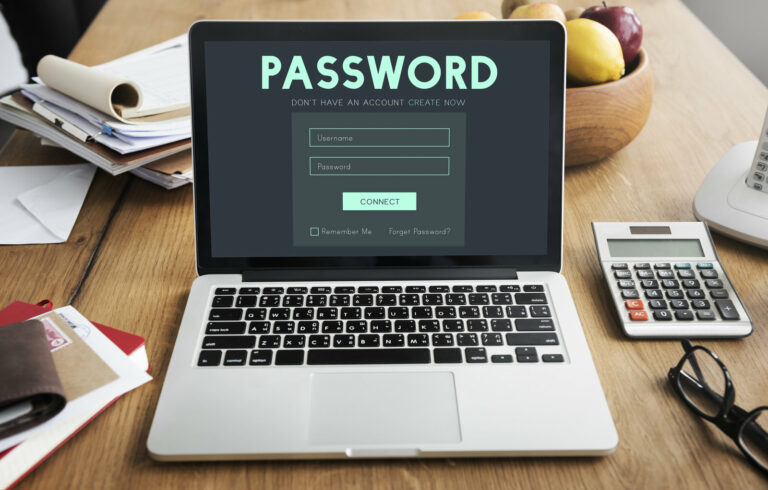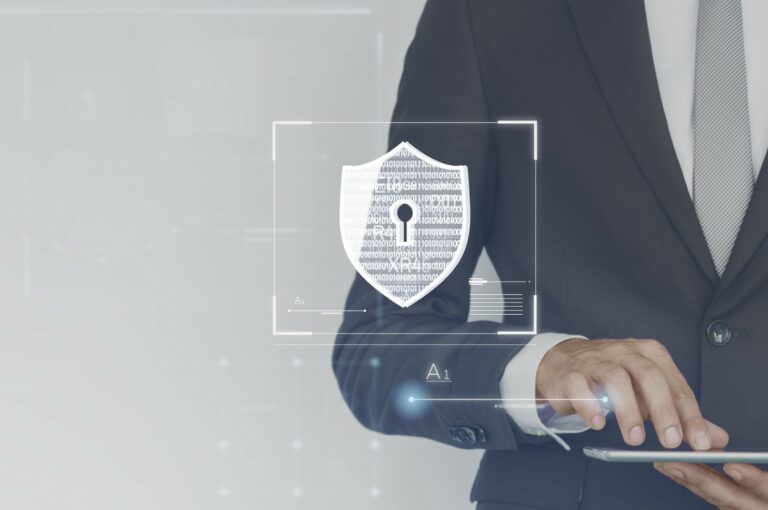What is the Best Way to Protect Customer Data in CRM Software?
- December 23, 2023
Protecting customer data is critical for businesses to comply with privacy and security standards, gain customer trust and comply with legal requirements. In this article, we have researched some basic methods of protecting customer data in the CRM system for you.
Use of Encryption

Encryption is a critical security measure used in CRM to ensure data security and protect customer data from unauthorised access. Encryption protects information by making data unreadable. Customer information is encrypted with private keys using encryption algorithms and can only be decrypted by people who know the correct password.
Encryption protects data from unauthorised access. It also encrypts the transmission of data using secure communication channels, ensuring that information is protected during transmission. This method is an effective security measure to ensure the confidentiality and integrity of customer data.
Strong Authentication
Strong authentication (2FA or two-factor authentication) is a security measure used to increase data security in CRM. This system uses two separate and independent authentication factors to verify the user’s identity. The user, usually after entering their username and password, must enter a single-use code generated by a mobile application or a verification code received via an SMS as a second factor.
This method requires the use of a physical device or phone number as well as a password known only to the correct user. This adds a layer of security to the CRM system, reducing the risk of unauthorised access.
Authorization and Access Controls

Authorisation and access control is an important mechanism used to ensure data security in CRM. This control system enables each user to perform specific tasks by limiting users’ access to certain data within CRM.
User roles and authorisation settings determine what data a particular user can access and what functions they can perform. For example, sales representatives can access customer data, while the finance department can access billing information.
These controls ensure that only authorised persons can access sensitive data and reduce potential security risks. Authorisation and access control helps to increase data security by providing precise control over user management of the CRM system.
Security Updates and Backups
For data security in CRM, security updates and backups are used to close security gaps in the system and prevent data loss. Software providers regularly provide security updates for CRM systems. These updates fix known security vulnerabilities and keep system security up to date.
Taking regular backups provides precautions against possible data loss. If a security breach or data loss occurs, it is possible to restore the system to its previous working state using backup data. These methods continuously increase the security of the CRM system and enable businesses to safely manage customer data.
Mobile Device Security

For mobile device security in CRM, firstly, the data stored on the devices are protected by using security applications and encryption methods specific to mobile devices. In addition, strong authentication methods provide an additional layer of security in accessing mobile applications.
If a device is lost or stolen, the security of customer data is ensured by using remote management features such as remote data wiping and locking. This topic covers a range of measures to ensure secure access to the CRM system from mobile devices and mitigate potential security risks.
Monitoring and Logging
Monitoring and logging is an important element for data security in CRM. This method allows to detect and respond to potential security threats by monitoring system activities and creating log files. Log files provide information to identify and analyse potential security breaches by recording user interactions, login attempts, system errors and other events.
The monitoring and logging process enhances system security by providing early warning of vulnerabilities or potential attacks. These logs can also be used to meet regulatory compliance requirements and trace customer data.
Staff Training

Staff training is critical for data security in CRM because users must use the system correctly and follow security protocols. Staff trained in data security learn how to create strong passwords, watch out for security vulnerabilities, recognise phishing attacks and understand general security principles.
It is important that staff are aware of how to share and handle customer data. This training ensures vigilance against internal threats, compliance with data security policies and promotes a secure working environment. Staff training strengthens the data security culture and helps to reduce potential security risks.
Compliance and Legal Compliance
Compliance and legal compliance is a critical factor for data security in CRM. Businesses are obliged to protect customer data and must comply with various legal regulations in this regard. Complying with personal data protection laws is important to protect customer privacy and ensure data security. Legal regulations aim to provide customers with more control and transparency.
Ensuring compliance also prevents reputational damage and increases customer confidence. Compliance with legal regulations ensures that businesses adhere to data security standards and handle customer data securely. These issues are important to avoid potential penalties, ensure customer trust and secure business continuity.
We have come to the end of our article on ways to protect customer data in CRMs. You can contact us to try Grispi, the demand management platform where you can store your customer data securely, for free for 14 days.
Contact Us
Fill out the form for detailed information and demo account, let us call you.